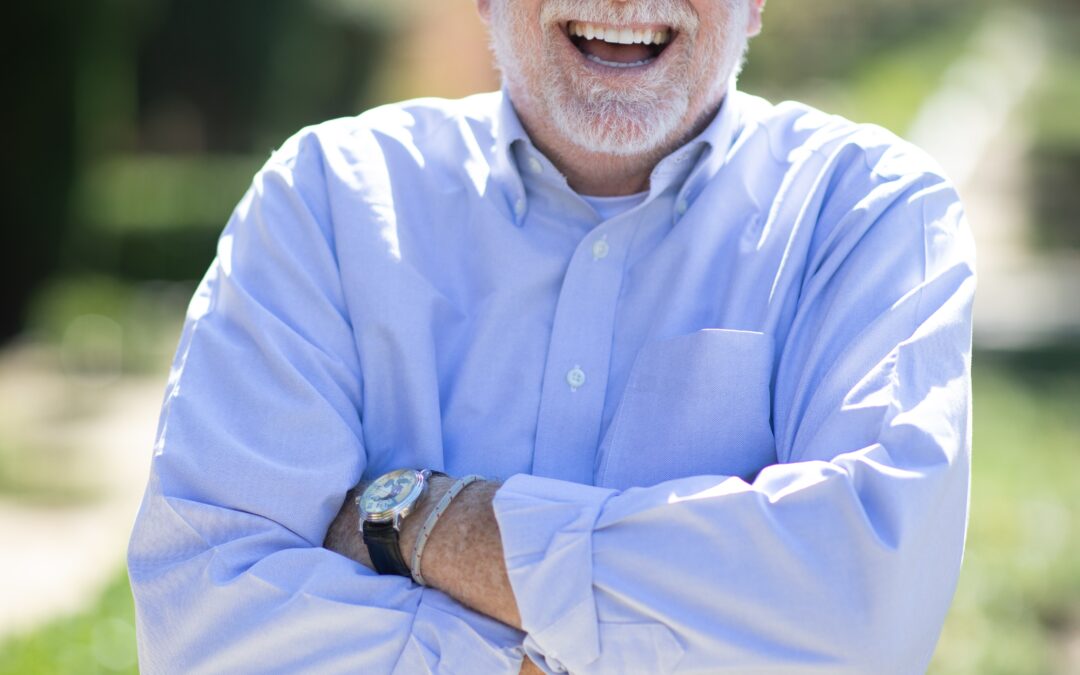
Name Your Fears and Embrace the Extraordinary
Remember the television show Fear Factor, where people confronted a few of their deepest fears? The show was canceled, but our fears don’t get resolved as easily. I’m not afraid of very many things, except sharks and spiders and snakes (which is totally normal) and venom-spitting koala bears (there is no such animal, but if there were, I know I would be afraid of them). Some people are afraid of being late or misunderstood or canceled or shunned. Some people are afraid they will lose their job, and others are afraid they will keep it.
We all have fears. What distinguishes us from each other is how we deal with our fears. Some people try to ignore them. This strategy might appear to be working in the short term, when what is actually happening is a boatload of deferral. Our unaddressed fears compound interest and grow in size and in the power they have over us.
Another approach is to confront our fears in small increments—not unlike inching our way into a cold lake by slowly shuffling our feet forward. Feet, ankles, and after a long period of time we might make it up to our knees. Progress is slow and unsatisfying. But the healthiest way to deal with our fears isn’t to grab our knees and do a cannonball in an attempt to beat them back, it is to understand them.
Plenty of times Jesus asked people who had good reason to be fearful the reason why. He asked a couple of the men in a sinking boat, “Why are you so afraid?” A seemingly unreasonable question to a boat full of guys who perhaps knew they could not swim to shore. There was no mention of life jackets, life rings, and rescue boats. These seem like questions with obvious answers, but only until you consider the circumstance more deeply and understand that there was much more going on under the surface than in the boat.
God doesn’t ask us to ignore or dismiss our fears but instead to understand them. When we figure out what our fears are attached to, we can ask God for the kind of supernatural help we need to overcome them.
Jesus doesn’t force Himself or His ideas on anyone, not on me or on you or on others, even though we are all desperately in need of His involvement in our lives. Instead, He puts the ball in our court. He asks us the unexpected questions and then waits for us to acknowledge our true needs and receive what He offers: love, acceptance, and a relationship with Him.
Sometimes God will lead us into difficult situations where our fears are triggered. His hope is that we would realize our desperate need for Him.
Think about it for a minute. What are you afraid of today? The way to take away the power fear may hold over us is to name what it is we’re afraid of, understand the origins of our fear, and then take these fears to Jesus to overcome.
Most of us can come up with a list of our concerns and fears, but what may take a little more digging is figuring out where these fears originated. If it is a fear of rejection you harbor, go back to your earliest memory of being rejected. See yourself in that time and at that place and remember what it felt like. That was you back then, but it doesn’t need to be you right now. You have changed and grown and learned what to trust and who to trust. You might ask Jesus to help you find your confidence in Him and His promise that He’s not going anywhere, ever.
I remember lying in bed the night before law school started. Tears were streaming down my cheeks, because, at orientation that day, the faculty had given their draconian version of a pep talk by saying that every third chair was eventually going to be empty because one-third of the class would flunk out the first year. No matter what end of the row I started, as I counted silently toward myself—one, two, three, one, two, three—I was always the third guy.
My first thought was to defer law school and start some other time when I had my act together. Isn’t this what a lot of us do when that fear of failure kicks in? We settle for the dissatisfaction of what we know rather than the ambiguity of what we haven’t tried yet. But settling for the ordinary when the extraordinary is right around the corner doesn’t get us anywhere.
How about this? Instead of avoiding distress, confront it. Rather than fostering a sense that failure might be near and doom is just around the corner, name what your fear is and call it out. Once it is out in the open, not only can you begin to understand it, but you also take away the power it has over you.
What fears are standing in your way? Do you struggle with a fear of failure? Maybe it’s a big, public screw up that you’re afraid of, or perhaps it is the thought of an even bigger private mess-up that is holding you back. Whatever it is, do the work to determine where that fear came from, so that you can then ask God to help you sort out what is true and what is not true and what a good plan might be moving forward to break free from those fears.
Identify what is keeping you back today and bring that to Jesus. Tell God what you are afraid of. Take Paul’s words to his younger friend Timothy to heart: “For God has not given us a spirit of fear, but of power and of love and of a sound mind.”
Experience the freedom that comes from calling out what you fear as specifically as you can and then bringing it to Jesus today. Ask Him for the guts and the grit to do something about it.
Fearlessness is the opposite of being ignorant of the circumstances. It’s saying, “Notwithstanding the circumstances, I serve a mighty Lord, and He can handle this.”
Run after fearlessness with all you’ve got.
—
Adapted from Catching Whimsy: 365 Days of Possibility by Bob Goff. Copyright © 2024 by Bob
Goff. Published by Thomas Nelson. Available wherever books are sold.





















